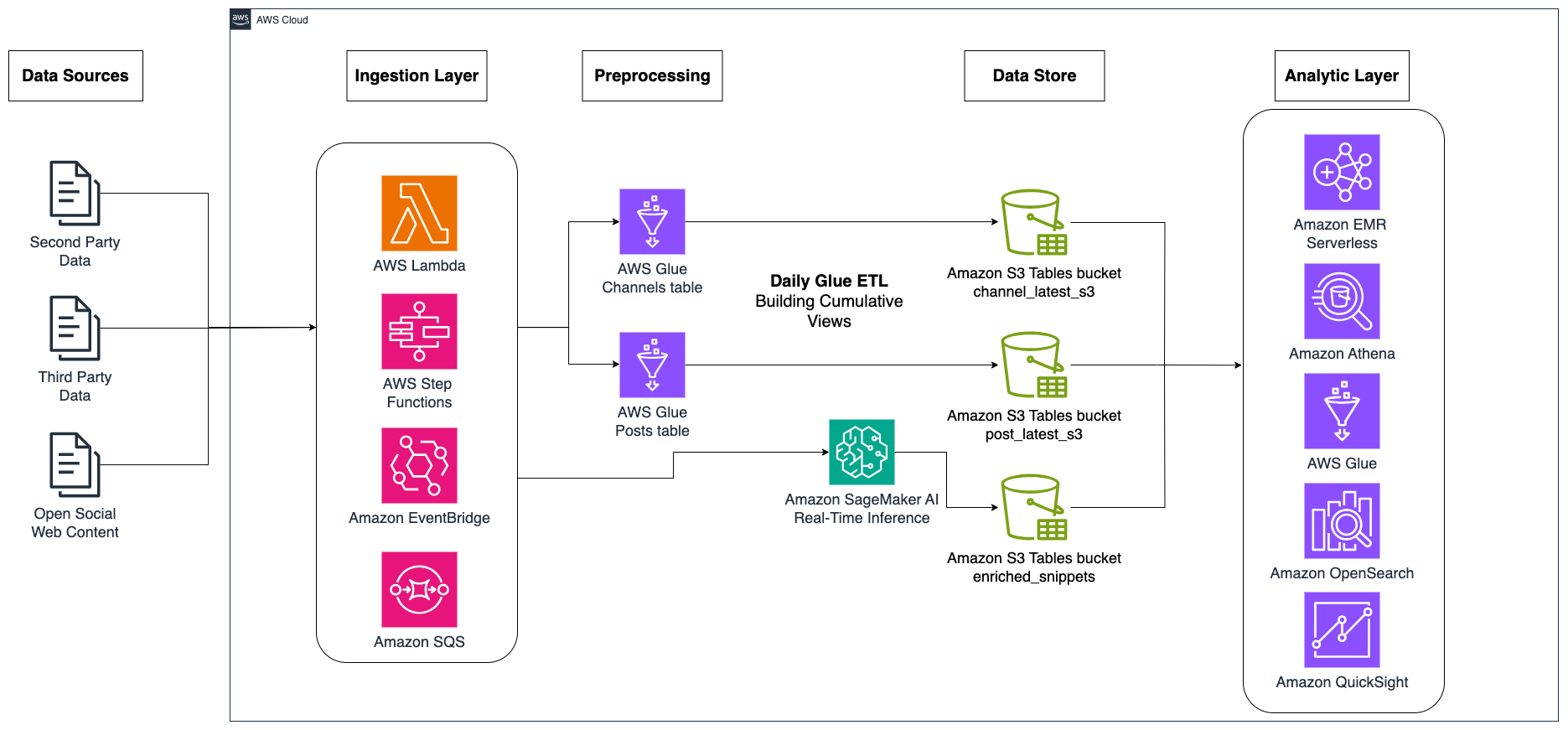AWS S3 Tables Compaction Costs Reduced by Up To 90% Following User Feedback

SEATTLE, WA – Amazon Web Services (AWS) has significantly reduced the cost of compaction operations for its S3 Tables service by up to 90%, effective July 1, 2025. This price adjustment comes swiftly after public commentary, including a recent deep dive by cloud expert Vinoth Chandar, highlighted the service's potentially high costs compared to alternatives.
The change specifically targets the processing fees for Apache Iceberg table compaction within S3 Tables. According to AWS, the per-object price for compaction has been cut by 50%, while per-byte processing prices have seen a reduction of up to 90% for binpack compaction, and 80% for sort and z-order compaction strategies. This aims to make the automated maintenance feature, designed to optimize query performance and reduce storage costs over time, more economically viable for users.
The price reduction follows a critical analysis published by Vinoth Chandar, who stated in a recent tweet, "Last week, we published a deep dive showing AWS S3 Tables cost 20–30x more than alternatives, with no performance to match." Chandar's report, titled "The Hidden Costs of AWS S3 Tables," detailed how S3 Tables' auto-compaction feature could incur substantial expenses, potentially making it more costly than self-managed Iceberg solutions on S3. His analysis pointed out that while S3 Tables offered convenience, its default settings for compaction were surprisingly expensive.
AWS S3 Tables, introduced at re:Invent 2024, is designed to provide analytics-optimized storage with native Apache Iceberg support, promising up to three times faster query performance and ten times higher transactions per second than self-managed Iceberg tables. It integrates with AWS analytics services like Athena, Redshift, and EMR, and aims to automate complex data management tasks such as compaction and snapshot management.
The rapid response from AWS, with the price changes taking effect just days after Chandar's public critique, underscores the company's attentiveness to user feedback regarding its new services' cost structures. The reductions are expected to alleviate concerns about the service's total cost of ownership, particularly for data lake users managing large volumes of tabular data. This move positions S3 Tables more competitively against alternative data lake table formats and self-managed solutions.